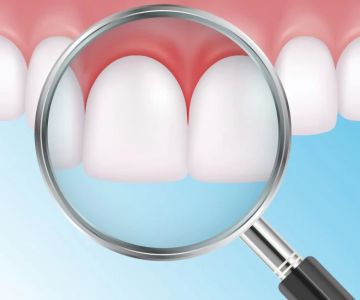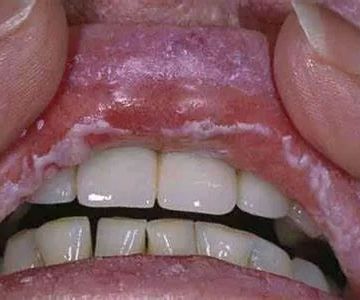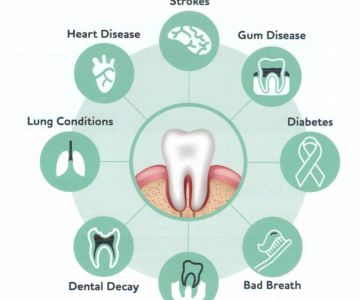What Is Oral Herpes and How Does It Affect People?
Oral herpes is a common infection caused by the herpes simplex virus (HSV), primarily HSV-1. It manifests as painful cold sores or blisters around the mouth and lips. While many people carry the virus, not all experience symptoms, making it a widespread yet often misunderstood condition.
Understanding the nature of oral herpes is vital for managing its impact on daily life and relationships.
1. The Science Behind Oral Herpes
Once infected, the herpes simplex virus remains dormant in the body’s nerve cells and can reactivate periodically, causing outbreaks. Triggers such as stress, illness, or sun exposure often lead to flare-ups.
The virus is highly contagious, especially during active outbreaks, but it can also spread silently.
Is Oral Herpes Curable? The Facts You Need to Know
A common question is, “Is oral herpes a curable disease?” The straightforward answer is no; currently, there is no cure for oral herpes. The virus integrates itself into the body’s nerve cells and remains there indefinitely.
However, although oral herpes cannot be eradicated, its symptoms and outbreaks can be effectively managed with proper care.
2. Treatments Available for Oral Herpes
Medical treatments focus on reducing the severity, duration, and frequency of outbreaks:
2.1 Antiviral Medications
Drugs such as acyclovir, valacyclovir, and famciclovir can speed up healing and decrease symptoms when taken at the first sign of an outbreak.
2.2 Topical Creams and Ointments
These provide symptomatic relief by soothing pain and itching but are less effective than oral antivirals for controlling outbreaks.
2.3 Preventive Therapy
For people with frequent outbreaks, daily antiviral medication can suppress viral activity and reduce transmission risk to others.
Managing Oral Herpes: Lifestyle and Home Care
Living with oral herpes involves more than medication. Lifestyle choices play a key role in managing the condition:
3.1 Identifying and Avoiding Triggers
Stress management, maintaining a healthy immune system, and protecting lips from sun exposure can reduce outbreak frequency.
3.2 Good Hygiene Practices
Avoid touching sores, wash hands regularly, and refrain from sharing personal items during outbreaks to prevent spreading the virus.
3.3 Support and Emotional Well-being
Oral herpes can affect mental health due to stigma and embarrassment. Joining support groups and seeking counseling helps many cope effectively.
A Real-Life Story: Sarah’s Journey with Oral Herpes
Sarah was diagnosed with oral herpes in her early twenties. At first, she felt overwhelmed and isolated, fearing social rejection. With education about the condition and guidance from her healthcare provider, Sarah learned to manage outbreaks with medication and lifestyle changes.
Today, she leads an active social life and advocates for awareness, breaking the stigma around oral herpes. Her story shows that while oral herpes is not curable, it is manageable and does not have to define your life.
Looking Ahead: Research and Future Treatments
Scientists continue to explore vaccines and novel therapies aimed at curing or better controlling HSV infections. Although a cure remains elusive, advancements offer hope for improved management options in the future.
Where to Find Reliable Help and Resources
If you seek professional advice or treatment options for oral herpes, visit Dentistry Toothtruth for expert guidance and tailored care recommendations. Their trusted resources can help you navigate living with oral herpes confidently and comfortably.







 Westgate Dental Arts3.0 (2 review)
Westgate Dental Arts3.0 (2 review) Coventry Family Dental4.0 (247 review)
Coventry Family Dental4.0 (247 review) Familia Dental3.0 (1028 review)
Familia Dental3.0 (1028 review) Dr. Daniel S. Fife, DDS4.0 (31 review)
Dr. Daniel S. Fife, DDS4.0 (31 review) Dentistry At Suburban Square: Michael I. Wollock, DMD4.0 (1228 review)
Dentistry At Suburban Square: Michael I. Wollock, DMD4.0 (1228 review) Comfort Care Dental4.0 (1156 review)
Comfort Care Dental4.0 (1156 review) The Importance of Oral Health Education During Pregnancy for a Healthy Pregnancy
The Importance of Oral Health Education During Pregnancy for a Healthy Pregnancy Why Skipping Dental Checkups Can Lead to Bigger Oral Health Problems
Why Skipping Dental Checkups Can Lead to Bigger Oral Health Problems Best Tips for Brushing Your Teeth Properly for Healthy Gums: Essential Techniques for Oral Health
Best Tips for Brushing Your Teeth Properly for Healthy Gums: Essential Techniques for Oral Health Advantages of Porcelain Dental Restorations
Advantages of Porcelain Dental Restorations How Can Diabetes Cause Tooth and Gum Problems? Preventing and Managing Oral Health Issues
How Can Diabetes Cause Tooth and Gum Problems? Preventing and Managing Oral Health Issues Healthy Habits for Promoting Good Oral Health and Hygiene: Tips for a Healthy Smile
Healthy Habits for Promoting Good Oral Health and Hygiene: Tips for a Healthy Smile